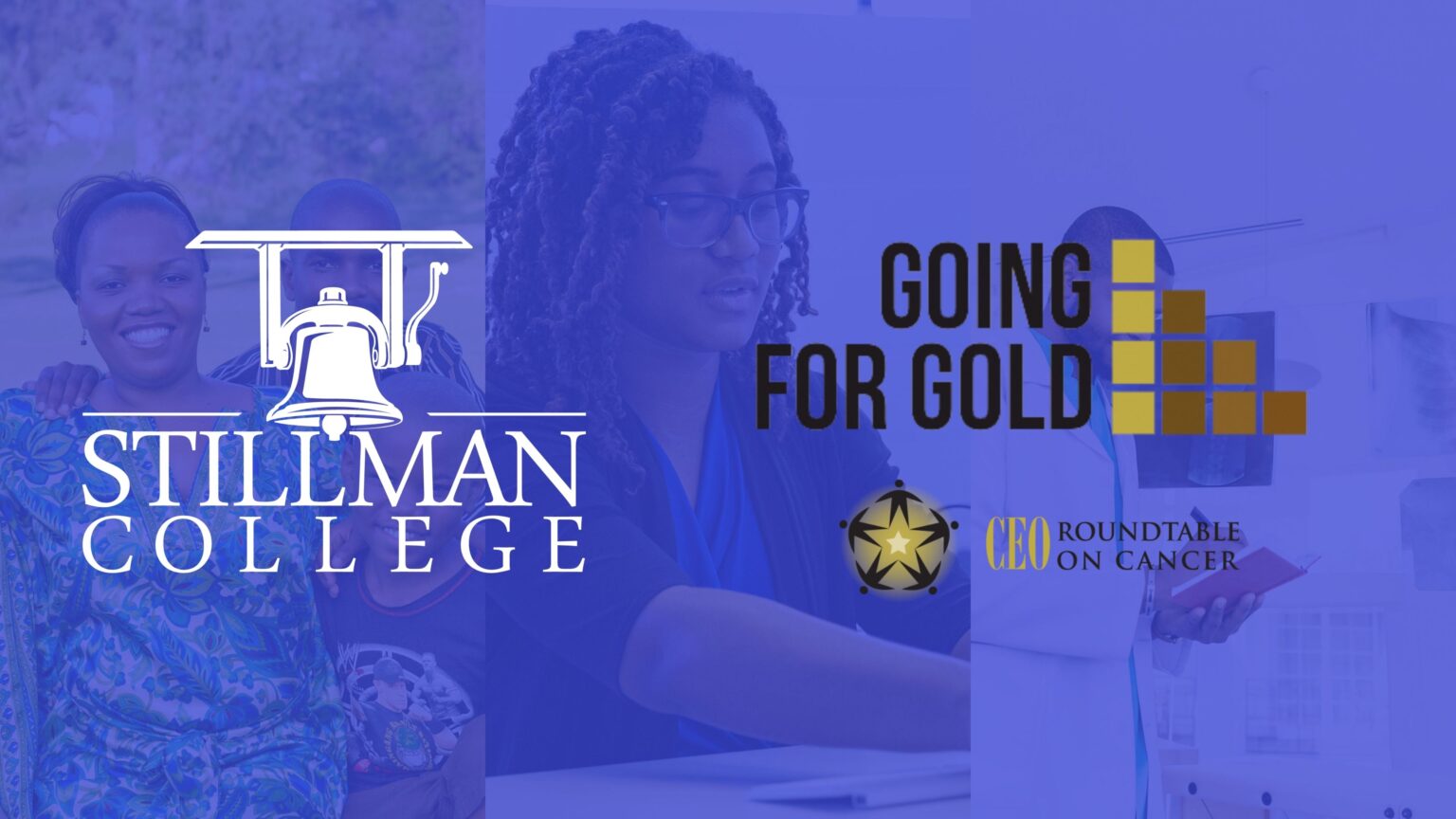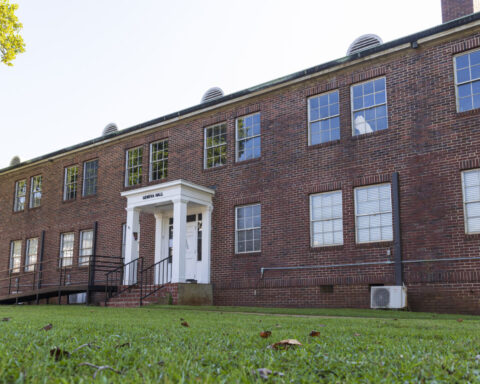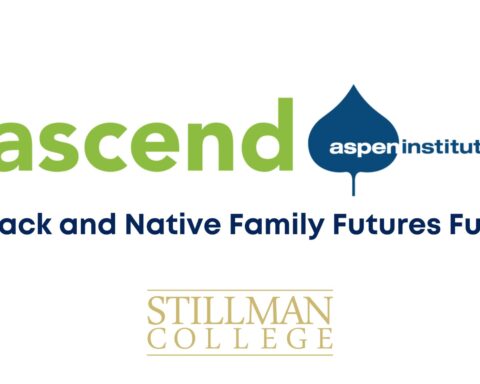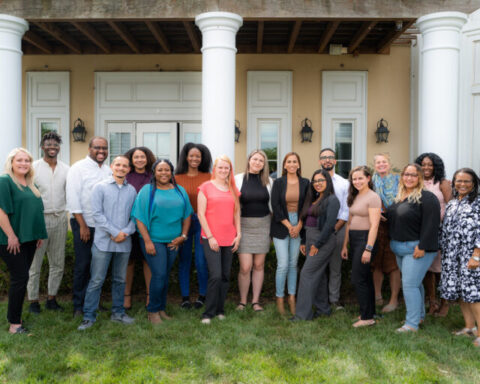Courtesy of Stillman College
Stillman College is the first institution of higher learning in the State of Alabama to join Going for Gold, a multi-year initiative with HBCUs to advance equitable cancer care.
Going for Gold was launched by the CEO Roundtable on Cancer, a non-profit that works to develop and implement initiatives that reduce the risk of cancer for communities. Developed under the George W. Bush administration, CEO Roundtable on Cancer has data-sharing systems and wellness and prevention programs for its partners that will be pillars of the new Going for Gold initiative.
The business accreditation program – the CEO Cancer Gold Standard – will be extended through the Going for Gold initiative, which recognizes universities that champion health and well-being by advancing prevention, diagnosis, and quality treatment for cancer for their students, faculty, staff, alumni, parents, and communities.
The partnership will also allow Stillman faculty, staff and students to access and contribute to CEO Roundtable’s Project Data Sphere, an open-access digital platform for aggregating and analyzing data to advance health equity efforts.
Stillman also will have access to grant monies through the initiative to enhance campus health programs and education and support professional development for students.
“As a funded NIH Cancer Disparities research scientist, I know firsthand the need for the Going for Gold initiative,” said Dr. Cynthia Warrick, Stillman College president. “Stillman College will contribute significantly to the knowledge and training of underserved undergraduates about the disproportionate impact of cancer in the African American Community. Our research demonstrates the great need for more knowledge regarding preventive health activities, beginning earlier in life to address breast, colon, and prostate cancer health disparities. Going for Gold will help improve this outcome, and we are elated to participate.”
Once Stillman meets Gold Standard benchmarks, it will have access to expand its student supports through health modules, events, and even financial support for student ambassadors to promote wellness across campus and engage in health research, said Marcus Kennedy, dean for Student Life at Stillman College.
“I’m excited to give students the opportunity to grow professionally,” Kennedy said. “It could be community outreach, or organizing and running health fairs to educate students and the broader community, not just about cancer, but general wellness and holistic care.”
Kennedy said the Going for Gold partnership will also help strengthen health and wellness services and programming that already exist across campus. For instance, Student Life and the Office for Student Development have a variety of student-focused programming related to mental health, COVID safety and fitness. Additionally, the College is partnered with Maude Whatley Health to provide general health and wellness on campus, and it provides learning and activity spaces to Arts & Autism.
“The Going for Gold partnership will help us increase our community engagement footprint on campus and help us connect with new business leaders,” Kennedy said.
Stillman is one of just eight institutions across the country in the initial Going for Gold group. The program seeks to include all 101 HBCUs and 27 four-year Hispanic serving institutions.
The CEO Roundtable says the program has the capacity to impact more than 20 million lives within 7-10 years, especially among communities disproportionately affected by cancer. The program and its partners will focus on improving health equity, education, navigation, and access to reach that goal.
“History is being made through this collaboration with the HBCU community,” said Robert J. Brown, ambassador for the initiative and CEO of B&C International, a CEO Roundtable on Cancer partner. “Health safety and health education are top priorities in our nation and will continue to be a driving force as we strive to reach our Going for Gold standard.”





